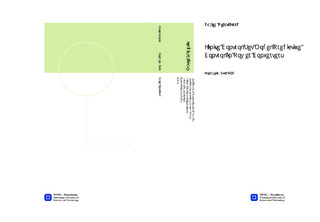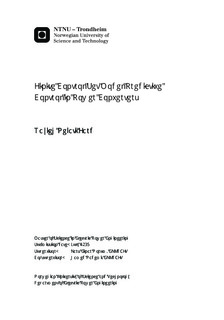| dc.description.abstract | This study presents a detailed description of a cost function-based predictive control strategy called Finite Control Set Model Predictive Control (FCS-MPC) and its applications to the control of power electronics converters. The basic concepts, operating principles and general properties of this control technique have been explained. The analysis is performed on two different power converter topologies: traditional three-phase Voltage Source Inverter (VSI) and Modular Multilevel Converter (MMC). In order to verify its capabilities MATLAB (SIMULINK) simulations have been performed for both cases.The design procedure of FCS-MPC is based on first, a discrete-time model of the system that is used to predict the behavior of the controlled variables for all the possible switching states of the converter and second, a cost function that should be defined according to the control requirements of the system. The switching state that minimizes the cost function will be selected to be applied to the converter at the next sampling time.FCS-MPC is a powerful control technique that has several advantages such as high accuracy, flexibility and stability, easy implementation, simple and understandable concepts, but the most important and exclusive feature of this control strategy is the inclusion of nonlinearities and system constraints in the cost function. As a result, all the control requirements can be considered by one controller at the same time.There are important factors, regarding FCS-MPC, that have been investigated in this study, such as:1)the effect of the cost function definition and the application of weighting factors2)the effect of discretization method and system model accuracy on the controller performance3)the effect of measurement errors on the controller robustness4)dynamic behavior of the controller and its response speed when a disturbance occurs in the system5)reference tracking capability of the controller | nb_NO |

